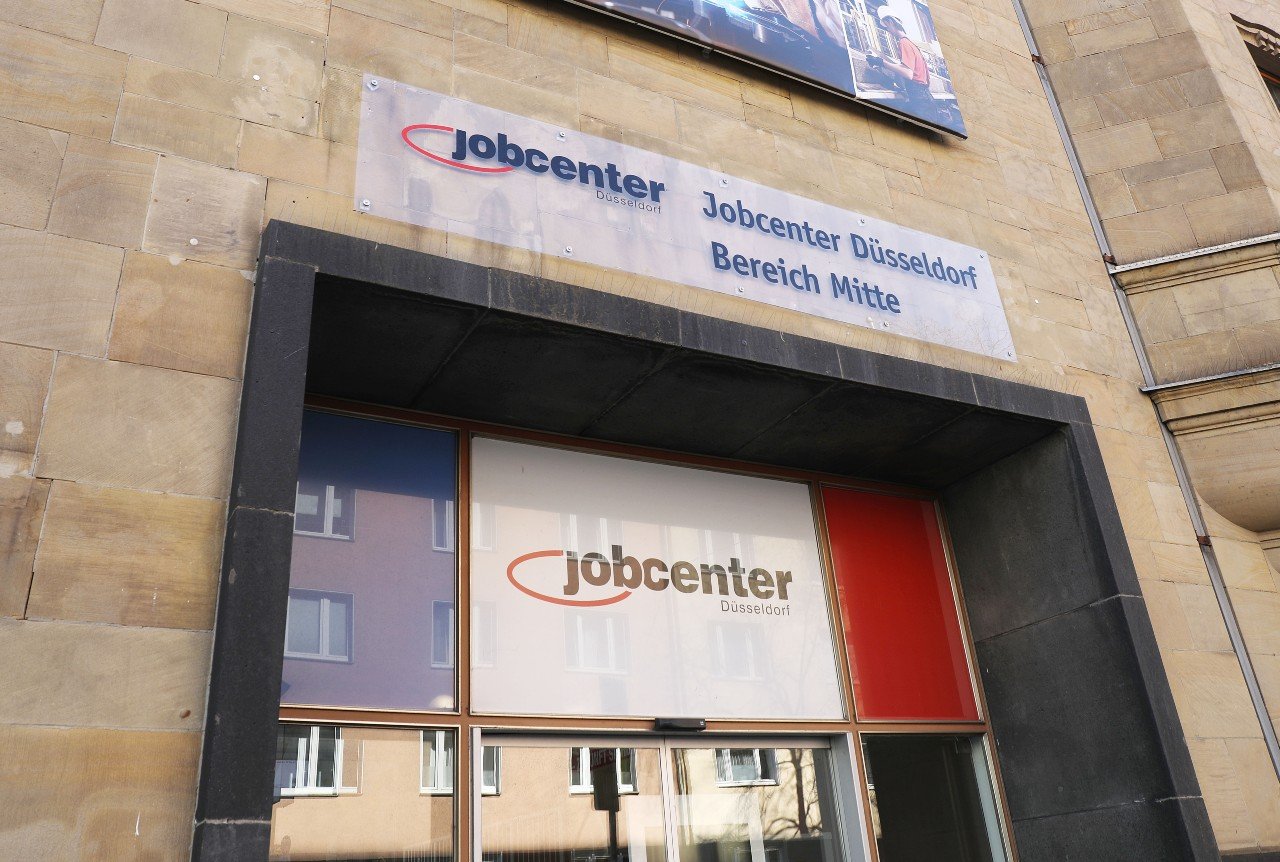APolish media reports said a system for giving out Schengen visas to people from the Middle East and Africa in exchange for bribes was put in place through the Polish consulates and some external companies in the countries concerned.
Amid growing tensions within the EU over migration, German Interior Minister Nancy Faeser called her Polish counterpart Mariusz Kaminski Tuesday and her ministry asked Warsaw’s envoy to Berlin to appear over the issue, officials said.
During the talks, Berlin demanded that Warsaw provide “rapid and complete clarification” of the “serious” allegations.
The European Commission on Wednesday gave Warsaw two weeks to provide “clarifications” of the charges, calling the reports “very concerning”.
Berlin’s queries prompted an angry response from Kaminski, who rejected the “absurd” claims regarding the scope of the affair.
“Unfortunately, the German press latched onto the opposition’s completely absurd narrative regarding the scale of what we were dealing with,” Kaminski told Poland’s Radio Zet.
“I spoke to the German interior minister yesterday…I explained the actual scale.”
READ ALSO: Germany’s state leaders pile pressure on government ahead of refugee summit
Authorities in Warsaw say the scheme may have involved several hundred Polish work visas, while the Polish opposition says the real number could be around 250,000.
‘Century’s biggest scandal’
Poland’s secret service said last week that seven people had been detained in the scandal ahead of October 15th elections, in which the governing party is running on an anti-immigration platform.
Three of the seven are under arrest, according to the prosecutor’s office, which is leading an inquiry into the alleged racket for fraudulently obtaining visas.
Polish media have reported that the foreign ministry was involved in the scheme, which the opposition Civic Platform party has branded “the biggest scandal in Poland in the 21st century”.
Deputy Foreign Minister Piotr Wawrzyk resigned over the scandal last week, though the official reason for his departure was “absence of sufficient cooperation”.
German interior ministry spokesman Mehmet Ata later told reporters that Berlin was seeking information from Warsaw about how many visas were issued at what point in time and the nationality of the recipients.
He said Warsaw had briefed Berlin on the investigation without providing further details.
Germany’s federal police had already stepped up checks at the Polish border before the scandal erupted due to an increased influx of migrants into the Schengen free movement zone grouping more than two dozen European countries.
Poland’s governing Law and Justice (PiS) party has for years used anti-immigrant rhetoric, which was credited as one of the main reasons behind their victory in 2015 parliamentary elections.
READ ALSO: Why tensions are brewing in eastern Germany over refugee arrivals
Nongovernmental organisations have accused Warsaw of engaging in forceful pushbacks of migrants seeking to cross the border from Belarus illegally and refusing legitimate asylum claims.
Poland last year completed construction of a steel barrier along the border to dissuade would-be migrants and has deployed thousands of soldiers there.
Warsaw accused Minsk and Moscow of engineering the flow of migrants as a “hybrid” attack intended to destabilise the region — a charge Minsk denies.





 Please whitelist us to continue reading.
Please whitelist us to continue reading.
Member comments